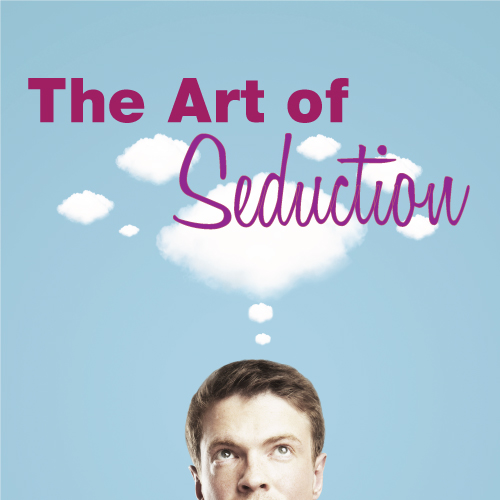Marriage at First Sigh

That’s one very big, long sigh. As in ‘here we go again in unreality TV’.
Today we took the plunge and sat through the first two episodes of Marriage at First Sight (Channel 9). By all means watch them if you want, or be kind to yourself and just read the synopsis (here). For those who are unfamiliar with this new reality-doco-drama, the show follows four couples who have been matched using science and who agree to ‘marry’ each other at their first meeting. The sham wedding ceremonies, which include vows before a celebrant, a photo shoot and reception, are (fortunately) not legal Australian weddings. Their purpose, apparently, is to create the sense of gravity in the couples who have agreed to live as husband and wife for one month.
One month is the sum total of this ‘marriage commitment’, and that is our first issue with this series. It’s not really marriage in any form one would recognise. In fact it’s a parody of marriage. Having them ‘marry’ in a fake ceremony is both unnecessary and unrealistic for a program that otherwise purports to be testing the scientific theories of attraction, relationship formation and the credibility of arranged marriages. The merit of the matchmaking science could have been just as thoroughly tested with couples meeting and dating with a one month commitment without the sham wedding. But of course we all know this is not really about science; it’s just entertainment.
Our second beef is that the show doesn’t bother to unpack the science in any serious way. Perhaps it can be found in the volumes of supplementary interviews on the series website but it certainly isn’t in the episodes themselves. In fact anyone with any understanding of marriage and relationship formation would know that what they are pretending to test would never be done in this manner if they were really trying to explore the science. But of course we all know this is not really about science; it’s just entertainment.
It’s a shame, because a program that was both educative and interesting could have been as easily created instead of this docu-mess. The idea of ‘arranged marriages’ in our culture is a rich one to explore. Likewise the study of relationships is enabling us to far better codify what factors are likely to contribute to a successful marriage. In our 25 years of work in marriage education, we often ask couples about their love stories and are regularly struck by how many of them began as blind dates or introductions of ‘matchmaking’ friends and family. Increasingly some of the more fact-based dating sites are playing a constructive role in this process using research-based observations.
The theory of arranged marriages is not as outdated as one would think; even in our Australian culture. It is grounded in the reality that people who know, love and care about others searching for that special person can actively and productively participate in that process. We would have loved to have seen a program exploring this in real life, rather than being subjected to the absurdity of the ‘reality genre’ where scene after scene, the story is manipulated to maximise the drama. We found ourselves watching with a running internal narrative: every time the off-screen narrator said something like, “now the couple head to their hotel room to get to know each other in private” we add, “except for the fact that there is a camera crew with them”. Or, “the couple enjoy a quiet moment alone”, to which we add, “except for the fact that there are thousands of viewers observing them”. You get our drift. Add to the mix careful product placement, sponsorship and the need for high drama and you’ve got all the ingredients of a classic unreality TV drama masquerading as informative relationship education.
And this is our third beef. Most of our relationship education occurs today through television and movies; not through genuine documentaries (name one if you can), but mainly in drama and comedy. The blurring of the lines with these new genres, built around claims of science adds a new category to this. Of course these are all powerful media, but the underlying objectives are to entertain and manipulate (that’s the advertising part), not educate. But of course we all (and especially our kids) really do know this is not really about science; it’s just entertainment… right?
No doubt if we look hard enough we can draw out some useful insights about relationships from this (something perhaps for our next column). In the meantime, if you have watched an episode (and are prepared to admit it) we’d love to hear your thoughts – you can leave them in the comment box below.


